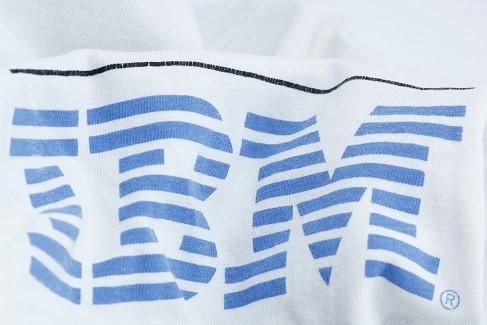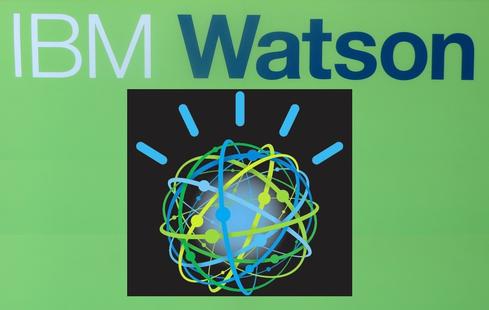IBM Watson Ecosystem Expands With 6 New Partners
IBM announces six more companies that will create apps and services using IBM's Watson Developer Cloud.


IBM Watson: 10 New Jobs For Cognitive Computing
IBM Watson: 10 New Jobs For Cognitive Computing (Click image for larger view and slideshow.)
IBM announced at its Insight 2015 conference in Las Vegas Monday the addition of six new Watson Ecosystem partners that are developing apps and services powered by cognitive computing.
Big Blue recognizes that cognitive computing is one of the growth areas that it must succeed in, in order to become once again relevant to businesses, instead of merely a provider of legacy services.
IDC predicts that half of all consumers will interact with services based on cognitive computing on a regular basis by 2018.
To cash in on that, IBM needs to show that it can commercialize the promise of what it has in Watson. Trumpeting new partners might just convince others that Watson can be the basis of a business, and more than an invisible Jeopardy! contestant.
The new partners, Engage, Macaw Speech, Opentopic, StatSocial, Vennli, and Domus Semo Sancus, are developing use-cases in the areas of call center support, speech telephony, content marketing, social media analysis, survey analysis, and risk management.
These companies use IBM's Watson Developer Cloud which has more than 77,000 developers globally. There are about 350 Watson Ecosystem partners that are currently commercializing products and services.
One of the new partners, Engage, has created SpeechIQ, which is a cloud-based call center speech-analytics provider for small and medium size businesses. SpeechIQ uses Watson's sentiment and speech analysis capabilities for the analysis of conversations. IBM says that Community Choice Financial is already using Engage's speech analytics platform for compliance monitoring, script adherence, and caller sentiment features.
Another partner, Macaw Speech, is also in the call center space. The company's Agent Assist application uses Watson's Retrieve & Rank API to enable a sophisticated content search and retrieval system. This helps call center agents identify relevant content faster in order to improve response times and the resolution of customer inquiries.
Opentopic developed Gust, is an online funding platform. Gust uses Opentopic's Cognitive Content Marketing solution, which is powered by the IBM Watson Taxonomy API, to get content recommendations based on entrepreneurial target audience profiles of their city hubs.
[Read IBM Cognitive Colloquium Spotlights Uncovering Dark Data.]
Statsocial uses the Watson Personality Insights API to analyze social and blog content. It comes up with the personality types, values, and needs of consumers. Evolve24 is leveraging StatSocial's product to understand the personality and social characteristics of select population segments for the personalized campaigns that it performs.
Domus Semo Sancus produces SafetyNet, which uses multiple language APIs to help organizations quantify the possible risk caused by a person or entity of interest engaging in illegal practices. The company doesn't outline exactly how it manages to do that, but the government of Turks and Caicos uses the product to vet potential investors in minutes, rather than days.
Other companies currently embedding Watson technologies include, according to IBM, Purple Forge for citizen services, 50wise for financial services, Triax Technologies for athletic training and safety, and InterActive-BB to aid personalized elder care.
About the Author
You May Also Like






